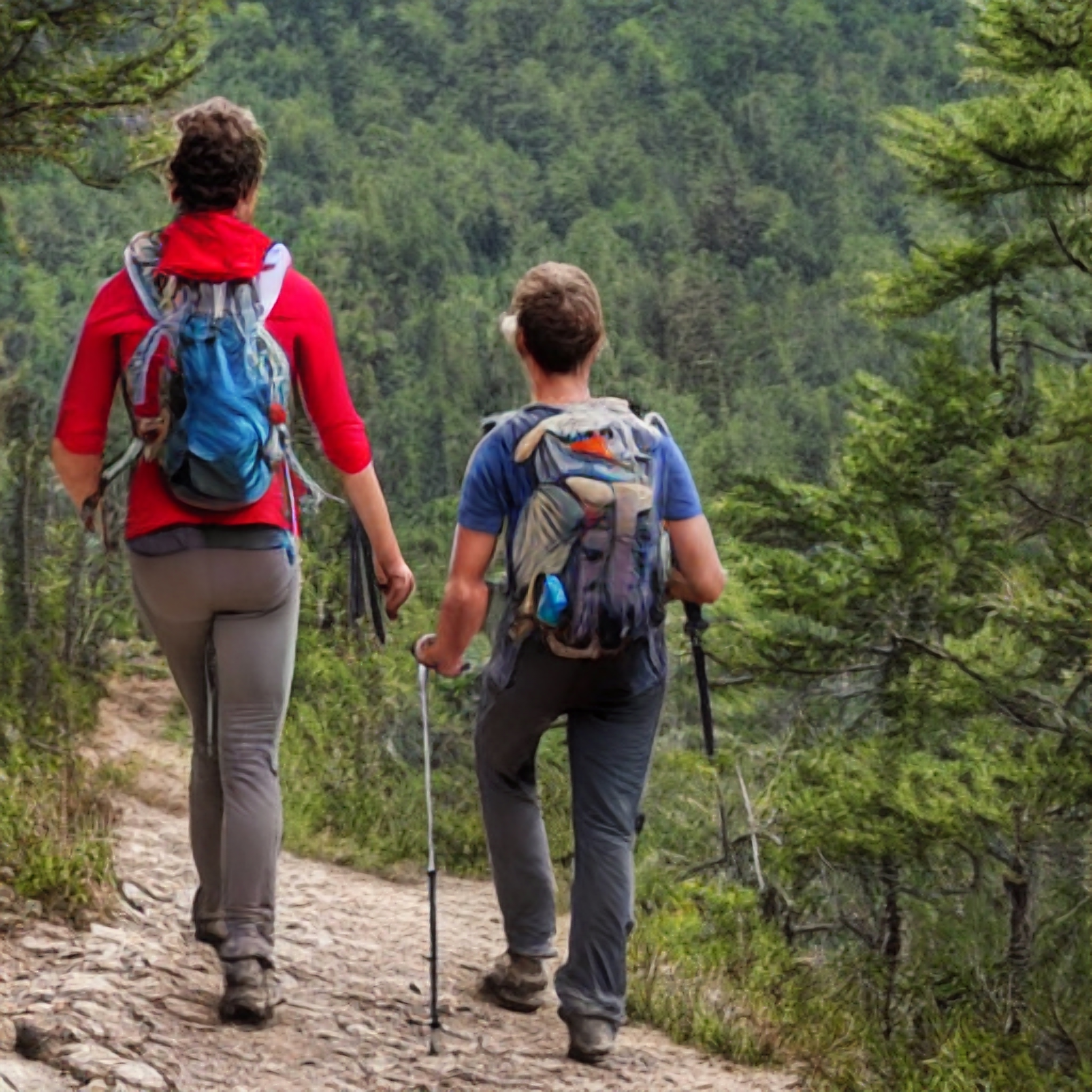Preparing physically for a longer one-week hiking trip requires careful planning and dedication. It is important to start preparing several weeks in advance to ensure that you are in good shape and ready for the challenges that come with hiking for an extended period. The first step in physical preparation is to gradually increase your fitness level by incorporating regular aerobic exercises such as running, biking, or swimming into your routine. This will help to build up your endurance and stamina, making it easier for you to tackle long days of hiking on the trail.
In addition to aerobic exercises, it is also important to incorporate strength training into your workout routine. Building strength in your core, legs, and upper body will help you navigate challenging terrain and carry a heavy backpack with ease. Exercises such as squats, lunges, and push-ups can be particularly beneficial in preparing your muscles for the demands of a long hiking trip. It is important to focus on both cardiovascular fitness and strength training to ensure that your body is well-equipped to handle the physical demands of hiking for an extended period.
Another important aspect of physical preparation for a longer hiking trip is to practice hiking with a loaded backpack. As you get closer to your trip, gradually increase the weight of your backpack to mimic the weight that you will be carrying on the trail. This will help to build up your leg strength and get your body accustomed to the added weight. It is also a good opportunity to test out your gear and make sure that your backpack is properly fitted and comfortable for long days on the trail.
In the weeks leading up to your hiking trip, it is also important to focus on your nutrition and hydration. Fueling your body with nutritious foods and staying well-hydrated will help to ensure that you have the energy and stamina to tackle long days of hiking. Eating a balanced diet rich in complex carbohydrates, lean proteins, and healthy fats will provide your body with the nutrients it needs to perform at its best. It is also important to drink plenty of water throughout the day to stay hydrated and prevent dehydration on the trail.
As you approach your hiking trip, it is important to taper off your workouts to give your body time to rest and recover. This will help to prevent overtraining and ensure that your body is well-rested and ready for the challenges of the trail. It is also a good idea to spend some time outdoors and practice hiking on different types of terrain to get your body acclimated to the conditions that you will be facing on your trip. By taking the time to physically prepare for your hiking trip, you will be better equipped to handle the challenges and enjoy the beauty of the great outdoors.


